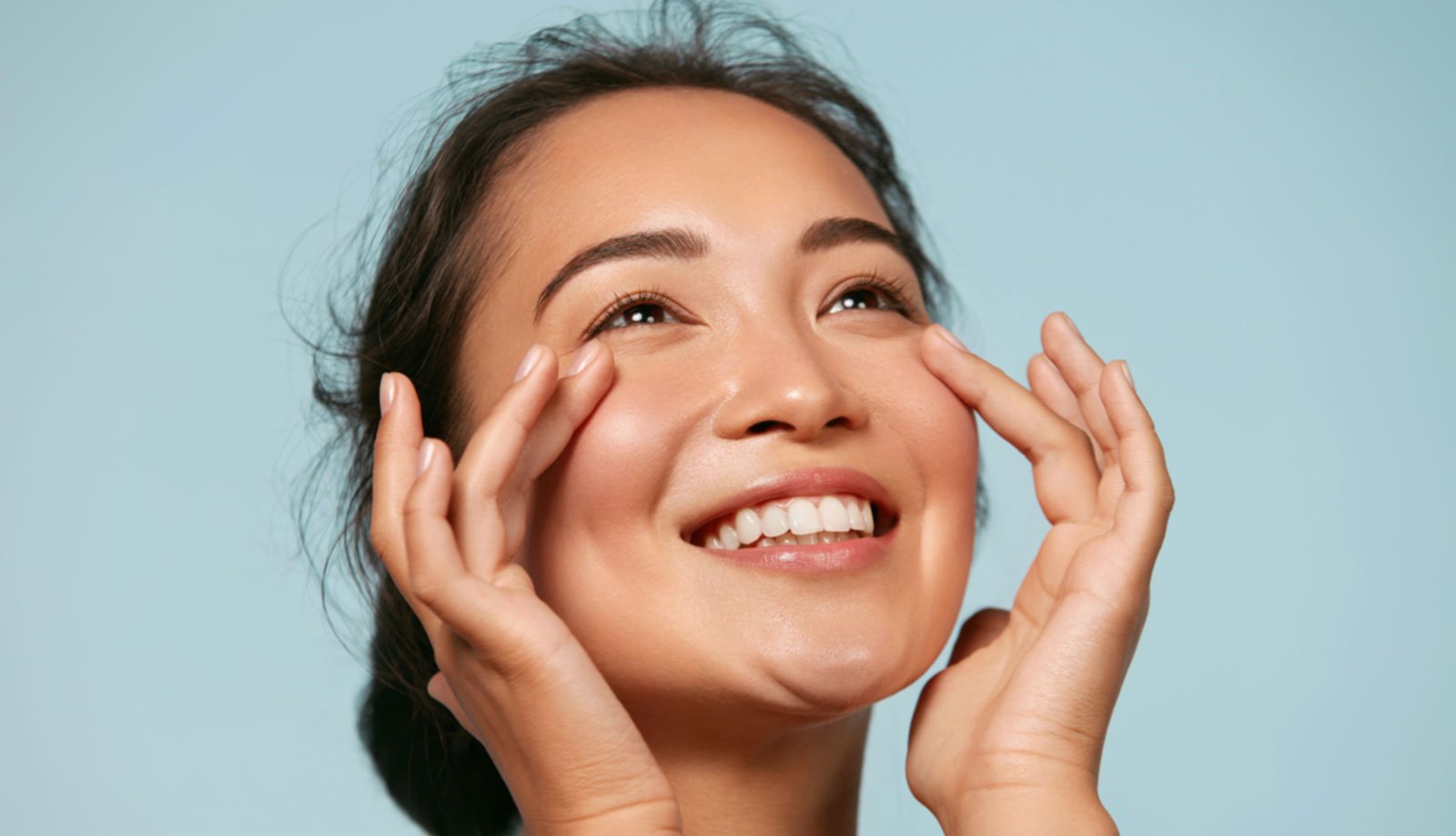
While food alone doesn’t cause or prevent acne, what you eat may play a role in the severity or frequency of the condition. Diet affects every aspect of bodily health, and that can include the skin’s appearance. But when it comes to diet and acne, it is important to remember that everybody is different. Some people may observe their acne breakouts are more severe when they eat some foods, while others might see the opposite effect. Food will not directly cause acne, but for some people, it can contribute to its development.
If you’re interested in improving your complexion through diet, consider experimenting with any of the foods detailed below to see what works best for you. If you want a more direct treatment plan and path, or if you want a doctor to provide a personalized plan, our Chesterfield dermatology clinic is a great place to start.
While there is little research to suggest that certain foods cause acne, there is evidence that some may increase your risk of developing it. The foods in this category are primarily those that trigger spikes in insulin. When blood sugar rises quickly, the body releases insulin, a hormone that can cause oil glands to overproduce. This, in turn, can contribute to acne development.
Some diets are known to trigger high blood sugar more than others. These include foods made of simple sugars, including pasta, white rice, white bread, and sugar. Additionally, research reported in the Journal of Clinical, Cosmetic and Investigational Dermatology found that some common foods, including dairy, saturated fats, and trans fats, can stimulate hormone production that leads to excess oil. These foods are also considered to be inflammatory, which can also contribute to acne development.
Remember that while a certain diet may predispose a person to developing a condition, it will never directly cause a breakout. Avoiding these foods can improve your skin’s appearance, but it is not enough to simply adopt a diet for acne. If you are concerned about blemishes of any sort, visiting our Chesterfield dermatology clinic is a great place to get answers and treatment that work with your body.
If eating hormone-producing foods can increase the risk of developing acne, complex carbohydrates, or those low on the glycemic index, may help reduce your risk. Foods that fall into this category include whole grains, legumes, and unprocessed foods and vegetables. Dark green, leafy vegetables, blueberries, tomatoes, and carrots are also thought to improve skin through their anti-inflammatory and antioxidant properties. Additionally, foods that are high in fiber, Vitamin E, Vitamin A, selenium, and zinc are believed to decrease a person’s risk of developing acne, but the research to support these claims is sometimes unreliable.
Additionally, while trans and saturated fats are thought to increase a person’s likelihood of developing acne, certain fats may have the opposite effect. Foods with healthy omega-3 fatty acids, like salmon, nuts, beans, and pumpkin seeds, have anti-inflammatory properties. Eating salmon for dinner won’t clear up your acne, but it can be one piece of a strategy contributing to a clearer complexion.
Developing an acne diet plan is difficult, and the wealth of available information indicates the need for a quick fix. There are no foods that cure acne, only those that can increase or decrease your risk of developing it in the future.
In addition to a healthy diet and acne medications, there are skin care routines that can help to prevent acne. This includes washing once or twice a day, especially after sweating. Avoid scrubbing your skin clean or touching your face too much. Avoid restrictive clothing, especially when doing something active. Avoid too much sun. Use a gentle, non-abrasive cleaner with water that isn’t too hot.
There’s a lot of research and information available about the connection between diet and acne. Some sources are reputable, while others aren’t, meaning the overall impact of an individual food could change depending on the researcher. If you’re overwhelmed by the amount of information, visiting a doctor can help clear things up.
Dermatologists are equipped to survey and treat your unique skin. They also read the most recent skin and diet studies, synthesizing results in a way that can better serve your needs. Rather than wading through the sea of information about the best and worst diet for acne, schedule a visit at our Chesterfield office. Our clinicians are very knowledgeable and skilled in a variety of acne treatments, self-care tips, or diet food recommendations.
Contact us to schedule an appointment